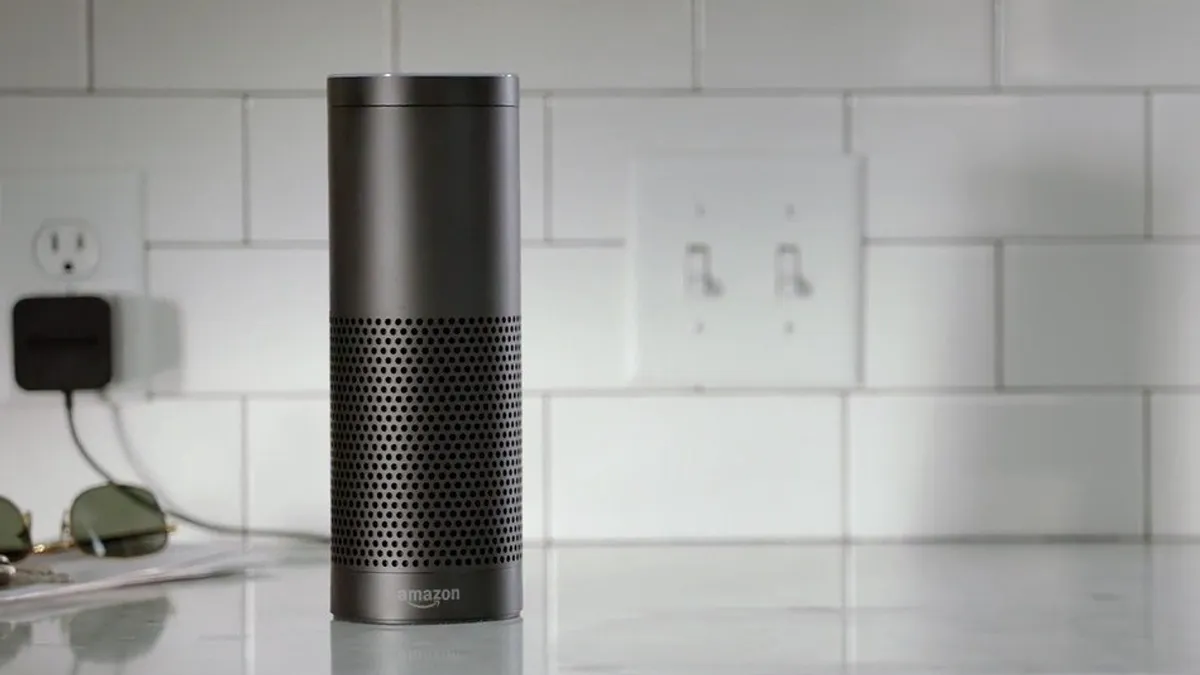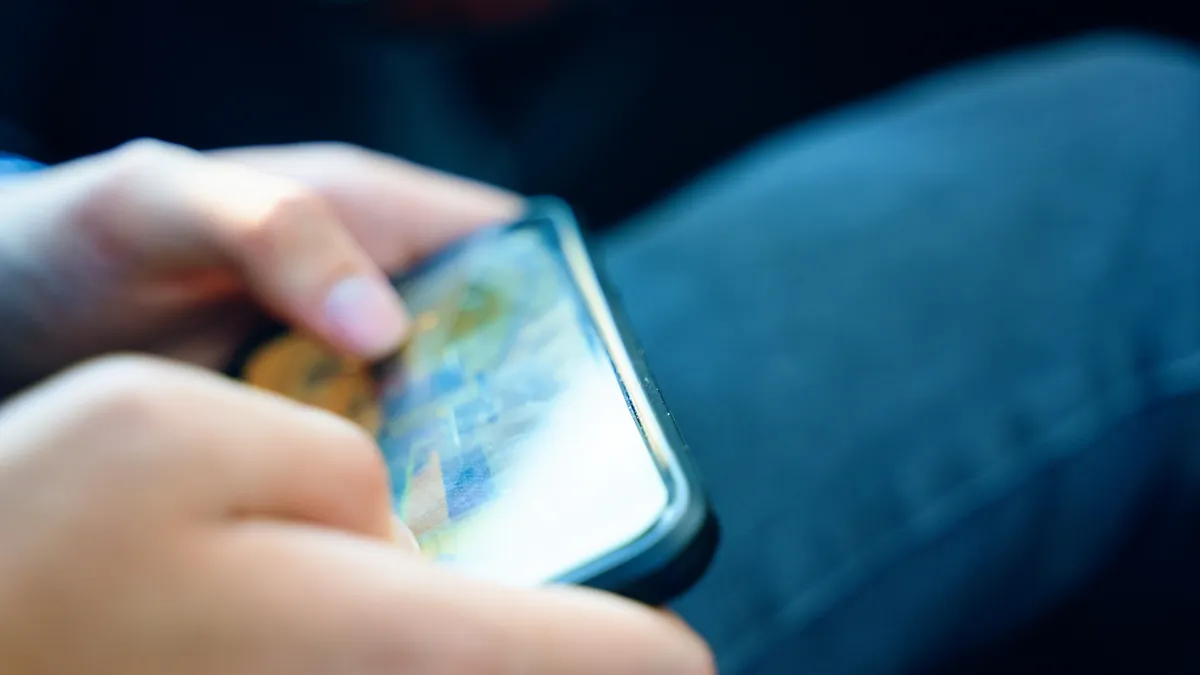The following is a guest post from Curt Munk, chief strategy officer of North America at WPP's Geometry. Opinions are the author's own.
I've always believed Alexa and I had a good relationship. It was one of respect and attentiveness — maybe even a little flirty at times — but always truly supportive of each other. In the past few weeks, however, I've been massively disappointed in her subsequent value in our household. On the brink of one of our generations' greatest catastrophes, she (along with Google Assistant, Siri, Cortana and Bixby) have seemingly missed a large opportunity to be truly valuable to all owners. This has left me quite frustrated and somewhat perplexed. For a category dubbed "digital assistants," they've missed their moment to matter more.
The marketing industry (of which I am a proud member) is currently busying themselves making predictions about how the pandemic will forever change consumer buying habits. These potentially new spending habits and behavior changes stand to disrupt the logistical, communications and economic infrastructure of the country. Bathroom tissue shortages, for example — the most fundamental of all CPG products to the household — is getting as much editorial coverage as Putin's oil price war with OPEC or another flagging Middle East peace process.
Of course, toilet paper is an important product insomuch as its usual application has very few suitable substitutes. Yet the attention we're collectively paying to the perceived lack of it indicates that our society is inextricably and irreversibly connected to the world of commerce. What we buy is more than mere supplies and necessities, it's one of few interactions that we alone truly control, and its pursuit is a uniquely delightful activity for many of us. When we cannot easily do that thing that's been ingrained in our day to day, we become frustrated quickly.
'We are sold out'
The rarely faulty commerce system we've relied upon for so long is now being tested. As global trade sputters, consumers are being forced to get creative in how and where to make purchases. This is where digital assistants should be flexing muscle and should have been one step ahead of us all.
Sharp increases in streaming usage, coronavirus-related news feeds and voice search is all well and good for the future growth of this category. But the real game-changer once the pandemic subsides will be the acceleration and adoption of ambient commerce and anticipatory shipping technologies — or at least it should. Think about it. If Alexa (or Google Assistant, Bixby, Siri or Cortana) was suggestive rather than passive when the world knew a pandemic was coming, I would have heard this from my friend on March 8:
"Ok, Curt. Alexa here, it seems the world is about to be turned upside down by a virus, and I suggest an advance order of bathroom tissue, a pack of medical gloves and even an N95 mask or two, just in case. It's about to resemble "The Twilight Zone" in Chicago and I want you to be ready… for just $13.93, with free Prime shipping."
I'd ask her what the heck a N95 mask was, yet three days later I'd hear the reassuring thud of a portable, protective, paranoia-preventing pandemic provision package at my door. Sold. And my response would have been an overwhelming, "Thank you for thinking of us, Alexa."
We're standing on the precipice of a commerce revolution — one that could have helped us avoid scenes like the above and the universal horror that running out of bath tissue, gloves or even milk, represents.
The common and worldwide commerce theme of the past few months is a profound failure to anticipate. Had we known what was coming, many of us would have begun to stock up and prepare. We already do this when we anticipate storms in many parts of the country, areas where power outages and disruptions in supply lines are common enough to be appreciated and respected. But we have almost no collective experience with the big impacts of little viruses. But what we're proposing as a change in how we view commerce isn't new at all.
A tale of two shoes
Almost four years ago, my wife and I were talking about putting together an Amazon order. We hadn't gone online, and we didn't yet have Alexa listening in. We were just talking about a to-be-placed order. She's a dedicated runner and cycles through a particular brand of running shoes regularly. Her motivation for placing an order that day was to buy a new set of those shoes.
About an hour after our discussion, UPS delivered a box of the very shoes my wife was keen to order that day. You may be asking yourself, "did Amazon hear our conversation and get a drone to drop the shoes in the fastest delivery route possible?" No, Amazon rather was so confident that my wife was soon to order the shoes that it shipped them to her a few days prior.
The note in the box read: "You didn't order these shoes. But we thought you were about to. Amazon"
Once the creepiness subsided and we figured out what happened, we both were in awe of the potential of this idea. Amazon filed a patent for this Anticipatory Shipping technology back in 2012, and its time has now come.
More than 111 million Americans use digital assistants at least monthly, per eMarketer. That's one-third of the U.S. population who already rely on these systems for convenience and access to information. Now is the time for our fleet of assistants to jump the gap from convenience to suggestive. Here's what we should expect once they do:
- Digital assistants, and subsequently brands, will help to make commerce decisions for us that we're not prepared to make ourselves
- A deeper reliance on technology to spot opportunities (or threats) that we may miss or may want to know about
- The exponential adoption of voice shopping as households become more information-rich and relevant to our new digital world
With our future reliant on making commerce frictionless, more helpful and ultimately more human, it's digital assistants that hold the best chance to revolutionize the ways consumers, brands and retailers interact — and it seems their time has come.






















